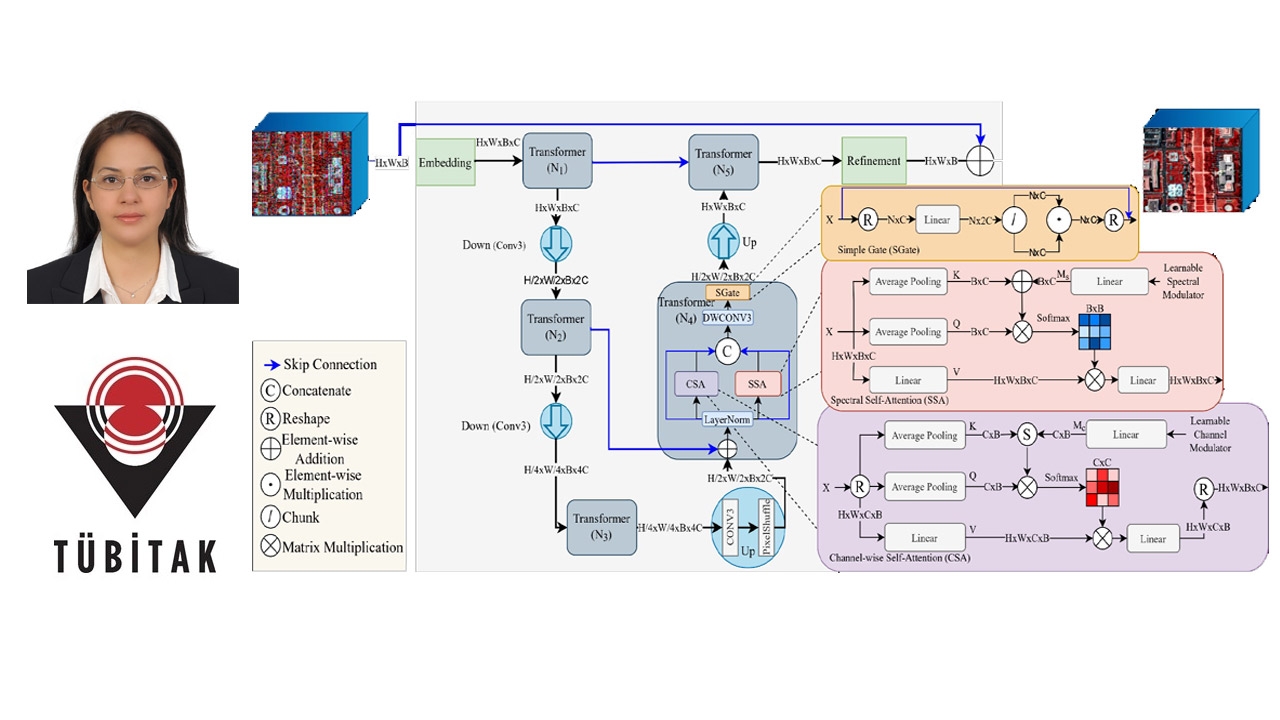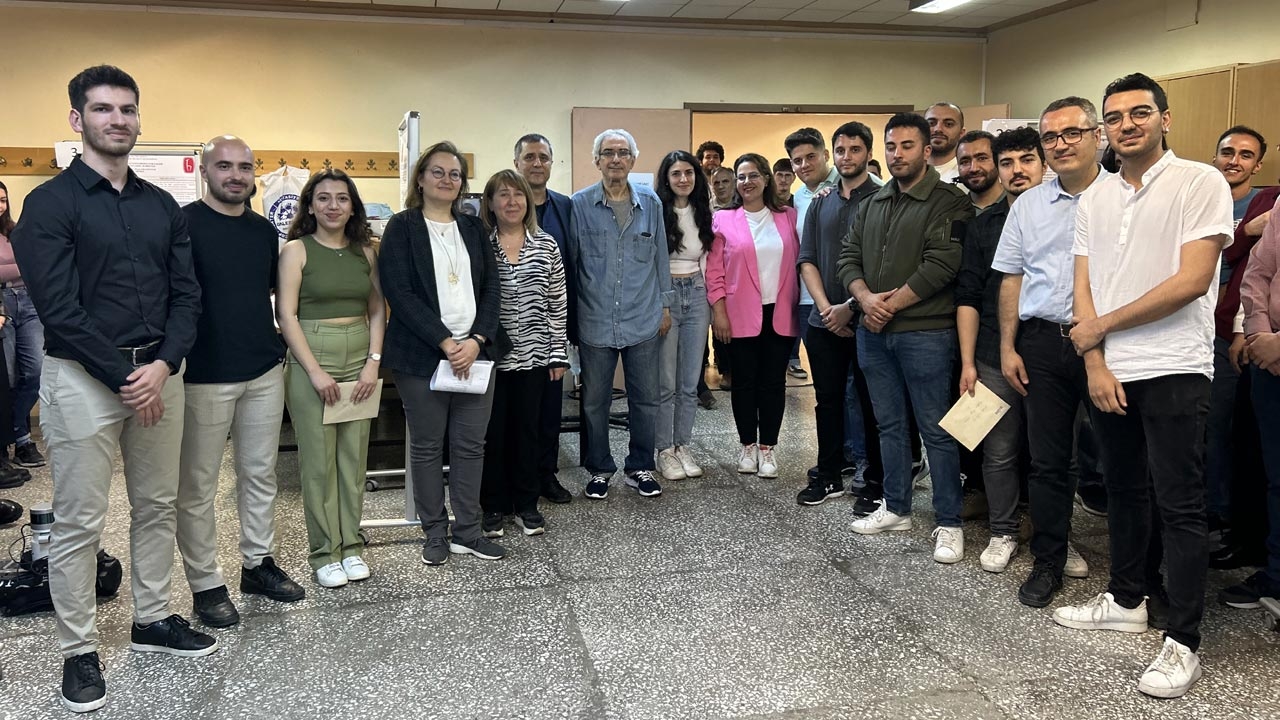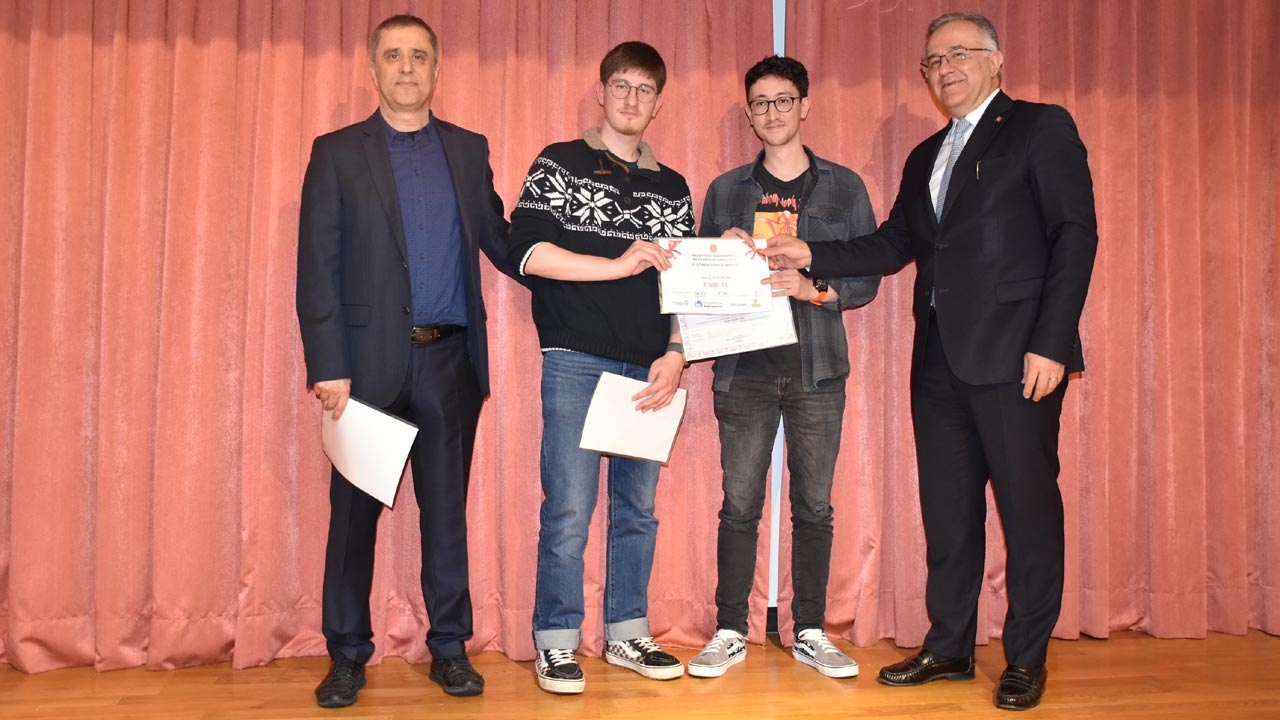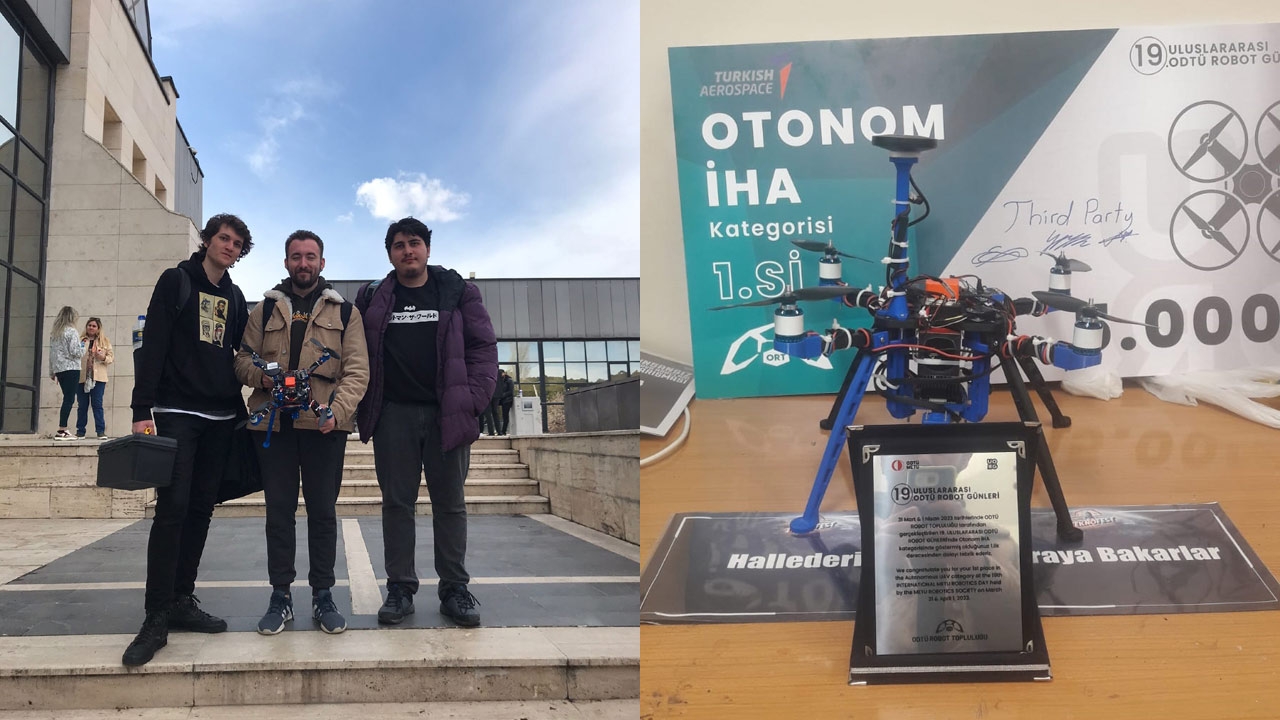News
SEMINAR: Neural Mechanisms of Active Sensing: A Control-Theoretic Approach, Dr. Ismail Uyanik (Feb. 8, 2019)
January 30, 2019
Dr. Ismail Uyanik will give a seminar on Friday, February 8, 2019 at 13:30 in the Conference Hall of our department. The title of the talk is “Neural Mechanisms of Active Sensing: A Control-Theoretic Approach”.
All interested are invited.
The abstract of the talk and a short biography of the speaker are as follows.
Abstract
System identification on sensorimotor pathways is pivotal for understanding biological movement and control. However, the innate challenge in understanding sensorimotor systems is that they are operating in a dynamic closed-loop, where the motor outputs stimulate its own sensory receptors, which provide feedback for the subsequent motor outputs. Despite the proven existence of this behavior, known as active sensing, the neural mechanisms underlying the active sensing behavior remain surprisingly unclear due to inherent challenges in identification of sensorimotor systems. This talk covers our efforts on exploring the neural mechanisms of active sensing behavior on an electric fish, the glass knifefish, by performing system identification through systematic locomotion and neurophysiology experiments.
Short Bio
Dr. Ismail Uyanik is a postdoctoral researcher in Laboratory of Computational Sensing and Robotics (LCSR) at the Johns Hopkins University. He received his Ph.D. degree in Electrical and Electronics Engineering from Bilkent University in May 2017. Throughout his Ph.D. studies at Bilkent, he worked on developing model-based and data-driven system identification methods for the analysis and control of legged locomotion. He also received his B.Sc. and M.Sc. degrees from the same department in June 2009 and August 2011, respectively. His current research focuses on discovering the principles of animal locomotion by developing novel techniques in the areas of system identification theory, neuroscience and robotics. He is a recipient of Aselsan Ph.D. Fellowship, which recognizes and support academic excellence in Aselsan’s prominent research areas.
The abstract of the talk and a short biography of the speaker are as follows.
Abstract
System identification on sensorimotor pathways is pivotal for understanding biological movement and control. However, the innate challenge in understanding sensorimotor systems is that they are operating in a dynamic closed-loop, where the motor outputs stimulate its own sensory receptors, which provide feedback for the subsequent motor outputs. Despite the proven existence of this behavior, known as active sensing, the neural mechanisms underlying the active sensing behavior remain surprisingly unclear due to inherent challenges in identification of sensorimotor systems. This talk covers our efforts on exploring the neural mechanisms of active sensing behavior on an electric fish, the glass knifefish, by performing system identification through systematic locomotion and neurophysiology experiments.
Short Bio
Dr. Ismail Uyanik is a postdoctoral researcher in Laboratory of Computational Sensing and Robotics (LCSR) at the Johns Hopkins University. He received his Ph.D. degree in Electrical and Electronics Engineering from Bilkent University in May 2017. Throughout his Ph.D. studies at Bilkent, he worked on developing model-based and data-driven system identification methods for the analysis and control of legged locomotion. He also received his B.Sc. and M.Sc. degrees from the same department in June 2009 and August 2011, respectively. His current research focuses on discovering the principles of animal locomotion by developing novel techniques in the areas of system identification theory, neuroscience and robotics. He is a recipient of Aselsan Ph.D. Fellowship, which recognizes and support academic excellence in Aselsan’s prominent research areas.
More news










